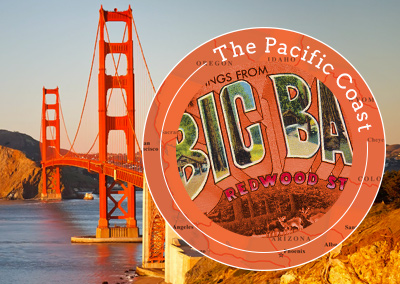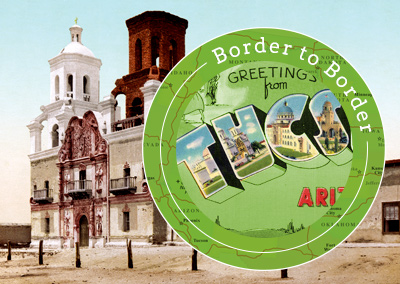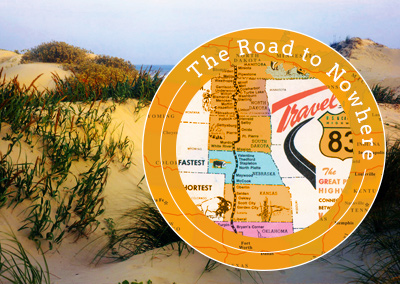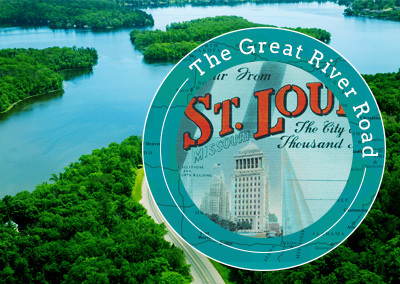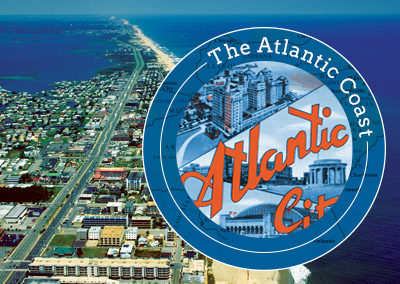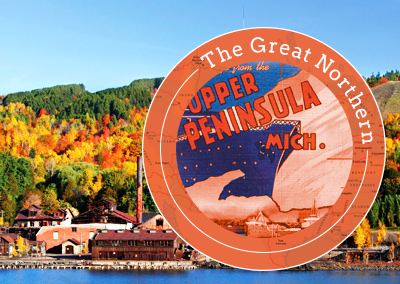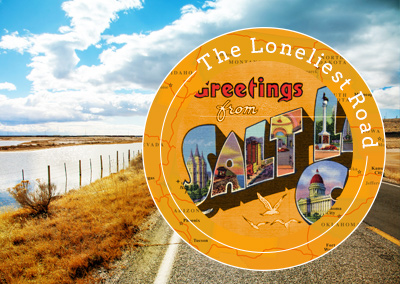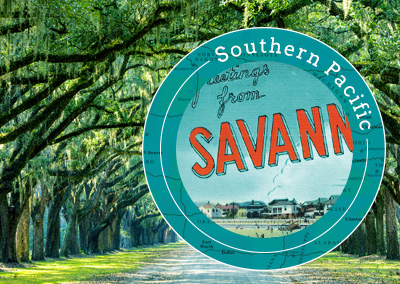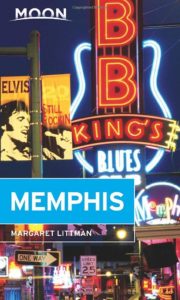Vicksburg National Military Park
Though the engineering feat that redirected the Yazoo and Mississippi Rivers (and brought Vicksburg more civil engineers per capita than any other U.S. city) is impressive, the Civil War campaign to split the Confederacy in half dominates local history. The battle for Vicksburg, which was known as the “Gibraltar of the Confederacy,” reached its dramatic conclusion on July 4, 1863, amid the strategic heights and ravines of the 1,728-ac (699.2-ha) Vicksburg National Military Park. The ins and outs and strategizing behind the 47-day Siege of Vicksburg, and the story behind the 1,300-odd markers and monuments, becomes emotionally compelling after some accounting of the anecdotes of individual valor, of odd courtesies amid the bloodshed, and of the tragedy and humanity that lie behind the 16 winding miles (26 km) of stone.
The visitors center (601/636-0583, daily, $20 per car), on the east side of Vicksburg via Clay Street or off I-20 exit 4, has exhibits, maps, brochures, and audio tours with narration and sound effects. Or you can hire a guide to accompany you in your car and explain everything from battle tactics to the symbolism of the monuments. The advantage to a live guide is the opportunity to delve into whatever suits your curiosity, be it stories of the many women who fought incognito, or of the immigrants who enlisted to win citizenship.
While Vicksburg’s surrender allowed President Lincoln to declare that “the Father of Waters now flows unvexed to the sea,” local whites stayed vexed for over 80 years: Because the surrender occurred on July 4, until the end of World War II Independence Day in Vicksburg was celebrated only by African Americans.
One of the most unusual sights in the Vicksburg Military Park is the USS Cairo, an ironclad paddlewheel battleship that was sunk by a torpedo during the Civil War. Preserved for a century by the Mississippi mud, it was recovered and restored and is now on display in its own museum, above the river at the west end of the park.
Vicksburg also has two military cemeteries, one for each side. The Union cemetery is the largest Civil War burial ground in the country, holding the remains of more than 17,000 soldiers who died here and all over the south; more than 12,000 of the dead are simply marked “unknown.” Another 5,000 Confederate dead are buried in the Vicksburg City Cemetery.
Map of the Great River Road through Mississippi



